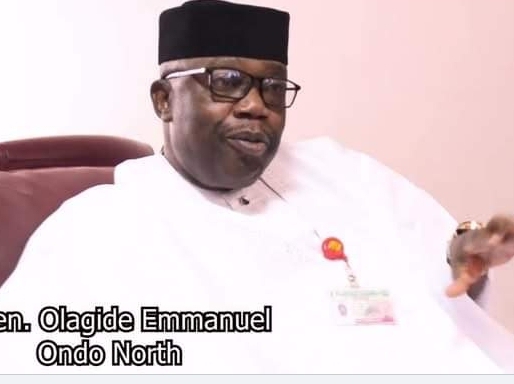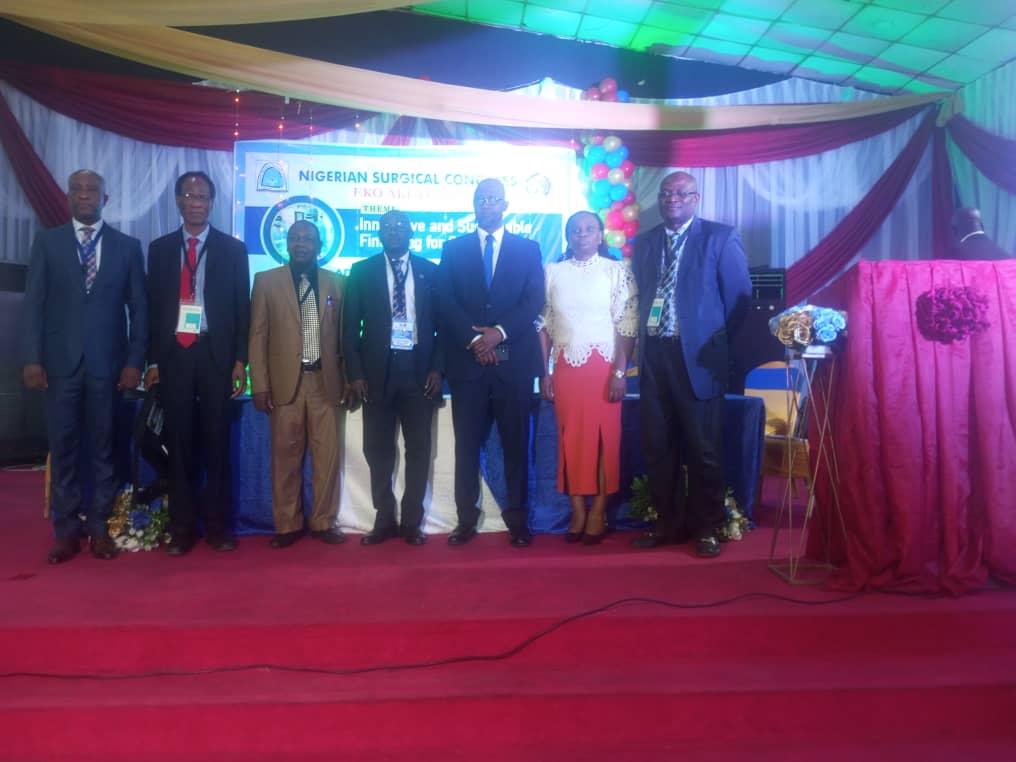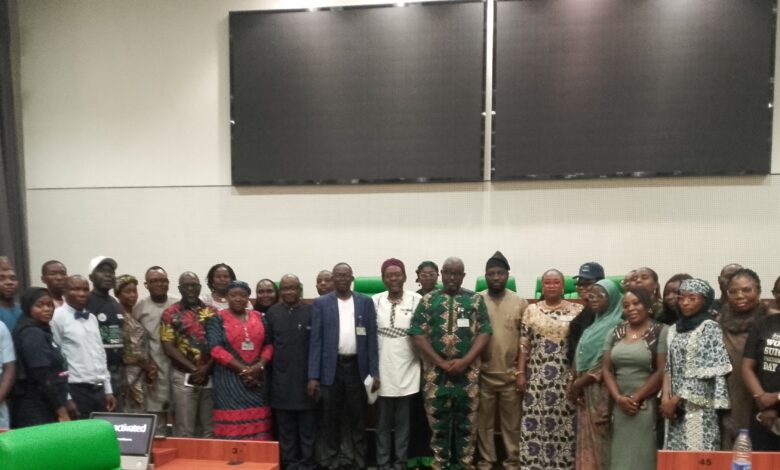
By Fatima Saka
The Federal Ministry of Health and Social Welfare on Friday held a high-level sensitization and strategic engagement meeting with key directorates of the National Assembly in Abuja, advancing Nigeria’s efforts to reverse the criminalisation of attempted suicide and address it as a public health emergency rather than a crime.
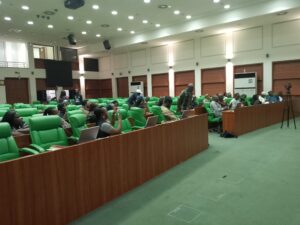
The engagement, driven by the National Mental Health Programme (NMHP) and the National Task Force on Decriminalisation of Attempted Suicide, brought together lawmakers, desk officers, civil society groups and mental health professionals as the Federal Government prepares to transmit an executive bill to the National Assembly.
President of the Association of Psychiatrists in Nigeria (APN) and member of the national decriminalisation task force, Prof. Taiwo James Obindo, said Nigeria remains one of the few countries worldwide, and within Africa, that still criminalises attempted suicide, prescribing six months to one year imprisonment under the Criminal and Penal Codes.
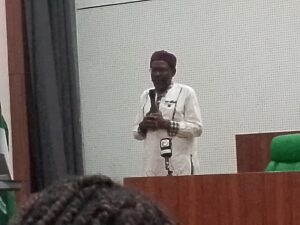
He warned that the existing law worsens stigma, forces people into silence and discourages them from seeking help. According to him, criminalisation has become a driver for completed suicide.
Obindo explained that suicidal behaviour is a continuum, from thoughts, to ideation, to attempts, and early intervention can save lives. However, fear of arrest and imprisonment prevents people from speaking up or seeking treatment.
He noted that the Coordinating Minister of Health and Social Welfare inaugurated the task force in October 2024 with a mandate to conclude full decriminalisation processes by December 2025.
National Coordinator of the NMHP, Dr. Ojo Tunde, said the meeting was designed to prepare National Assembly staff for the draft executive bill and equip them with evidence showing the global benefits of decriminalisation. He highlighted that over 700,000 people die from suicide globally each year, with Nigeria estimated to account for at least 16,000 deaths, likely an undercount due to stigma and underreporting.
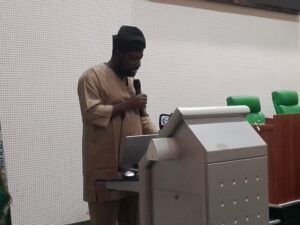
He stressed that evidence from countries that have repealed similar laws shows no rise in suicide rates after decriminalisation. Instead, more people come forward to seek help. He added that criminalisation contradicts medical principles and places Nigeria behind global best practices.
Clerk to the House Committee on Specialty Healthcare, Mr. Tordue Nyitse, who coordinated National Assembly participation, said the engagement was vital to ensure that bill officers and committee staff fully understand the incoming bill and are prepared to process it once it arrives from the executive.
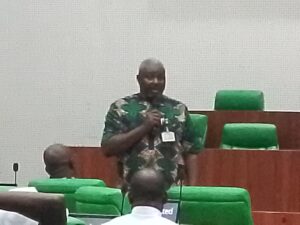
He noted that the bill is still undergoing internal executive procedures, including review by the Attorney-General’s office and the Federal Executive Council, before arriving at the National Assembly.
A civil society representative, Aturu Olayinka Omowumi, shared her personal experience of attempting suicide as a teenager after academic struggles and health challenges. She said psychiatric help saved her life and emphasized that many Nigerians battling mental health issues still lack access to affordable medications and care.
She expressed gratitude that survivors and civil society are now being heard at the national policy level.
Participants agreed that Nigeria must shift from a punitive to a preventive and therapeutic approach to suicidal behaviour.
READ ALSO: Clearing agents’ taskforce partners MARAN to fight port corruption
Deaf Arts Festival 4.0: Seams Foundation seeks partnerships, support to drive inclusion
However, the Federal Government says the upcoming bill will repeal current penal provisions, mandate treatment and crisis support, expand mental health services and align Nigeria with the National Mental Health Act and global standards.
The meeting ended with a renewed commitment from government agencies, civil society groups and National Assembly departments to support the decriminalisation process and ensure the bill receives the attention it deserves when presented to lawmakers.



